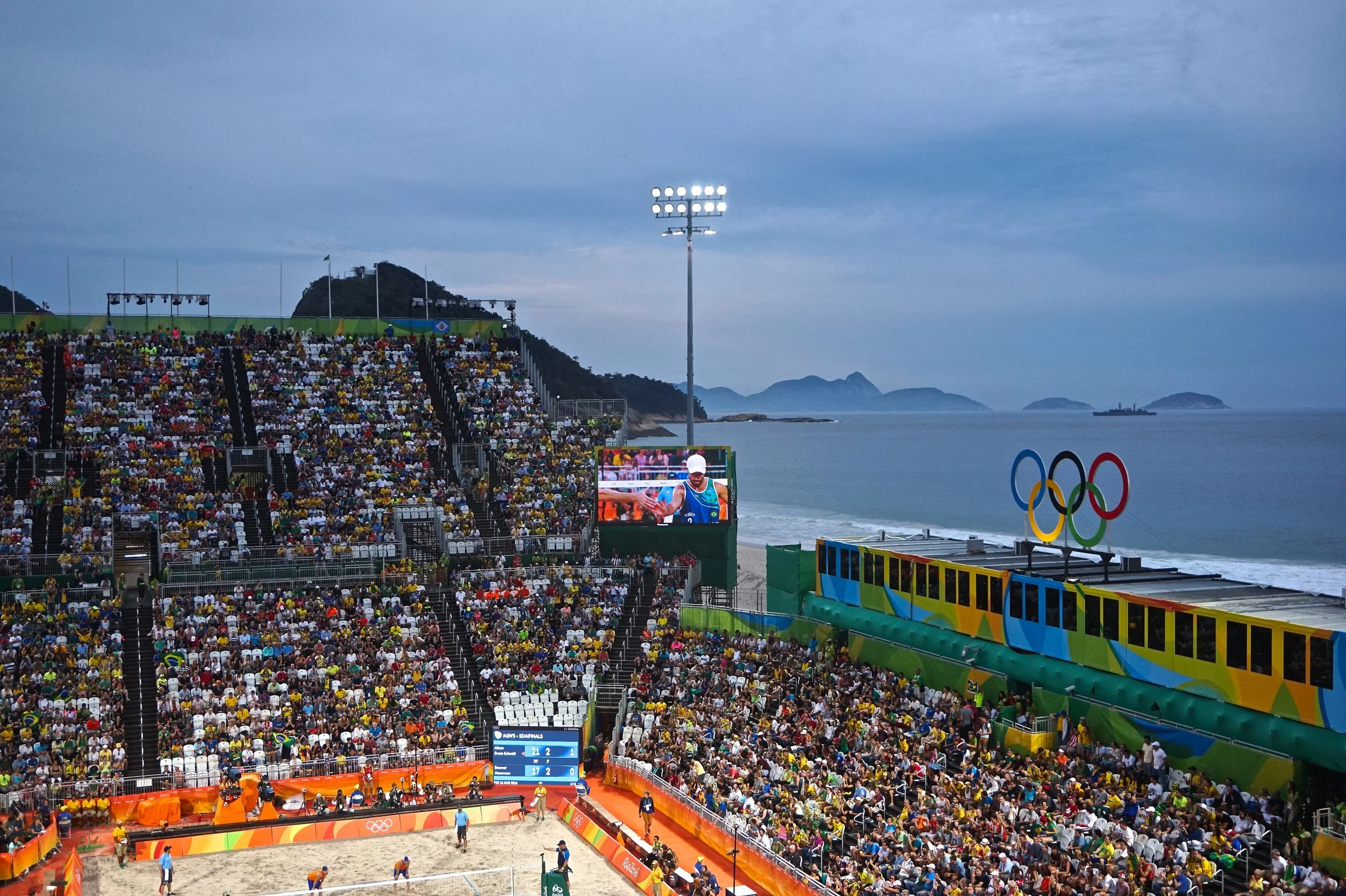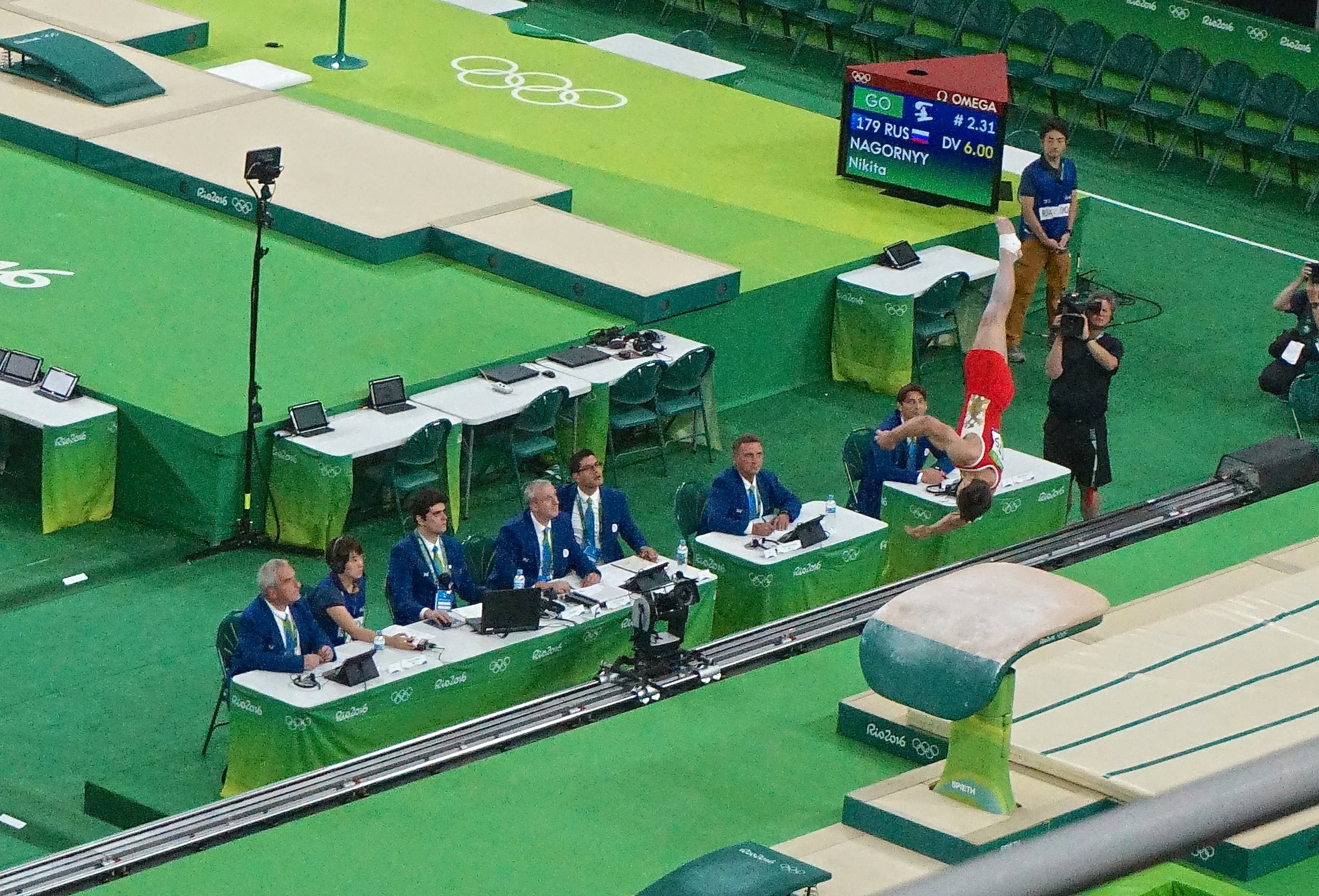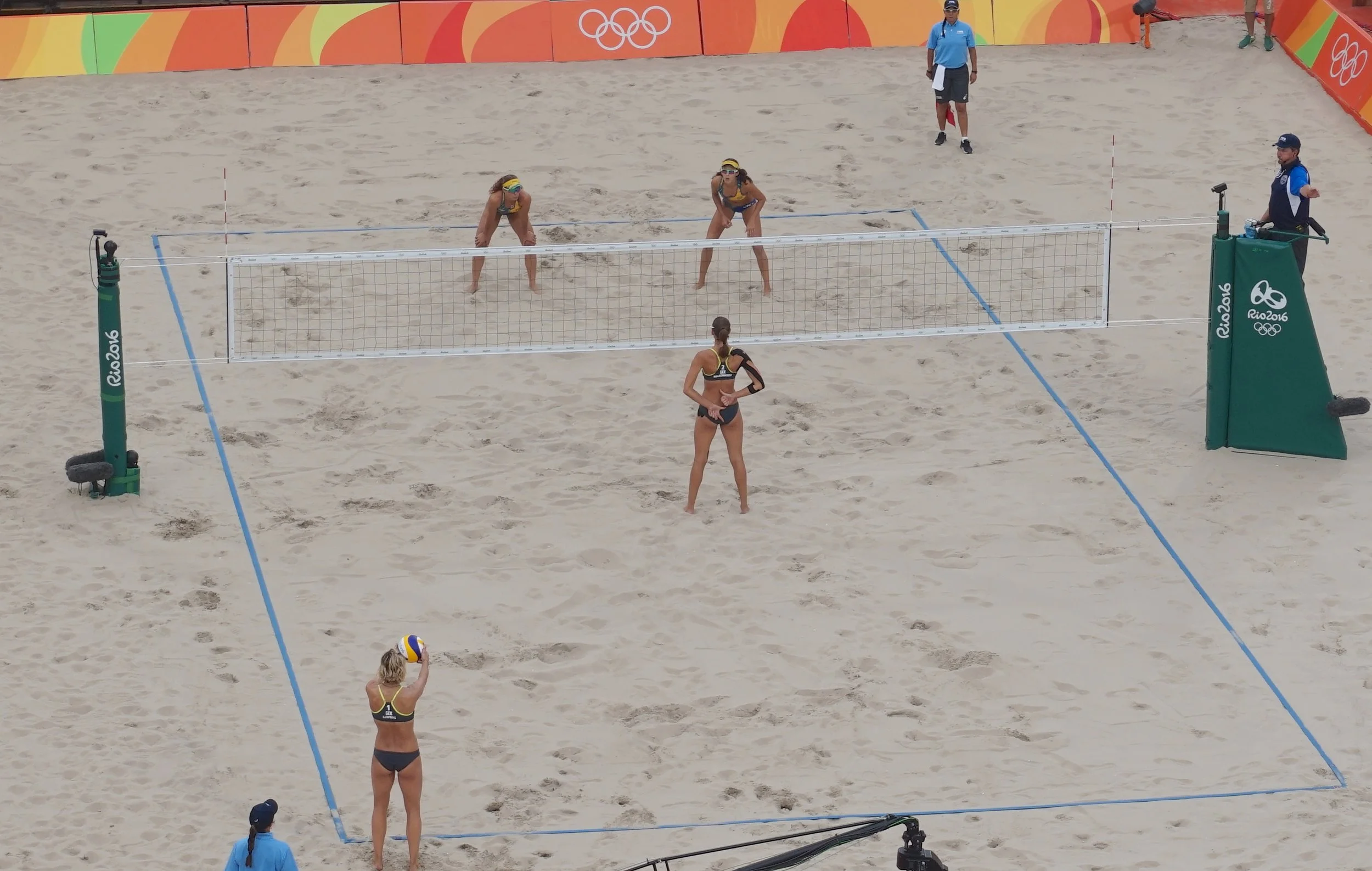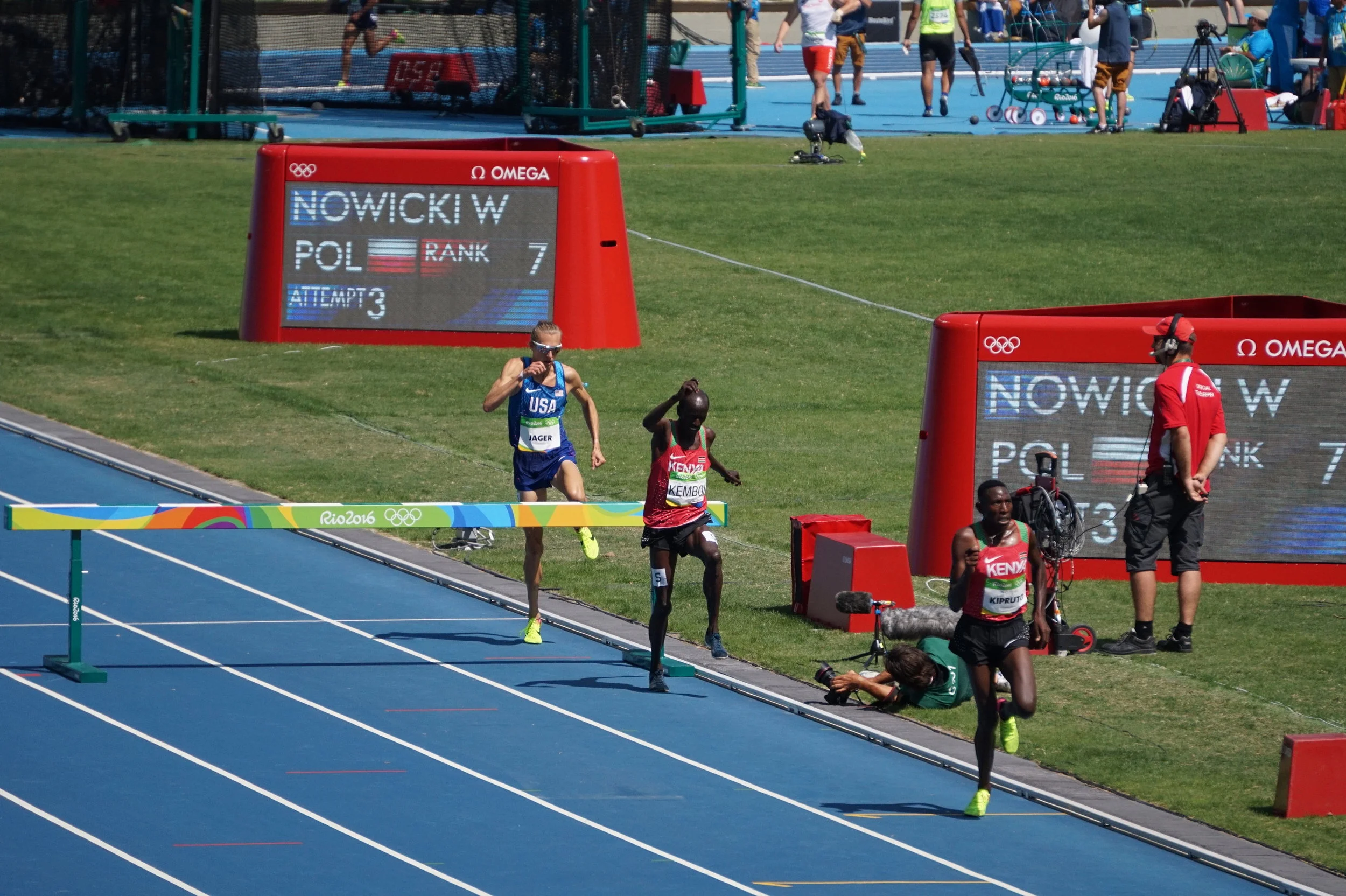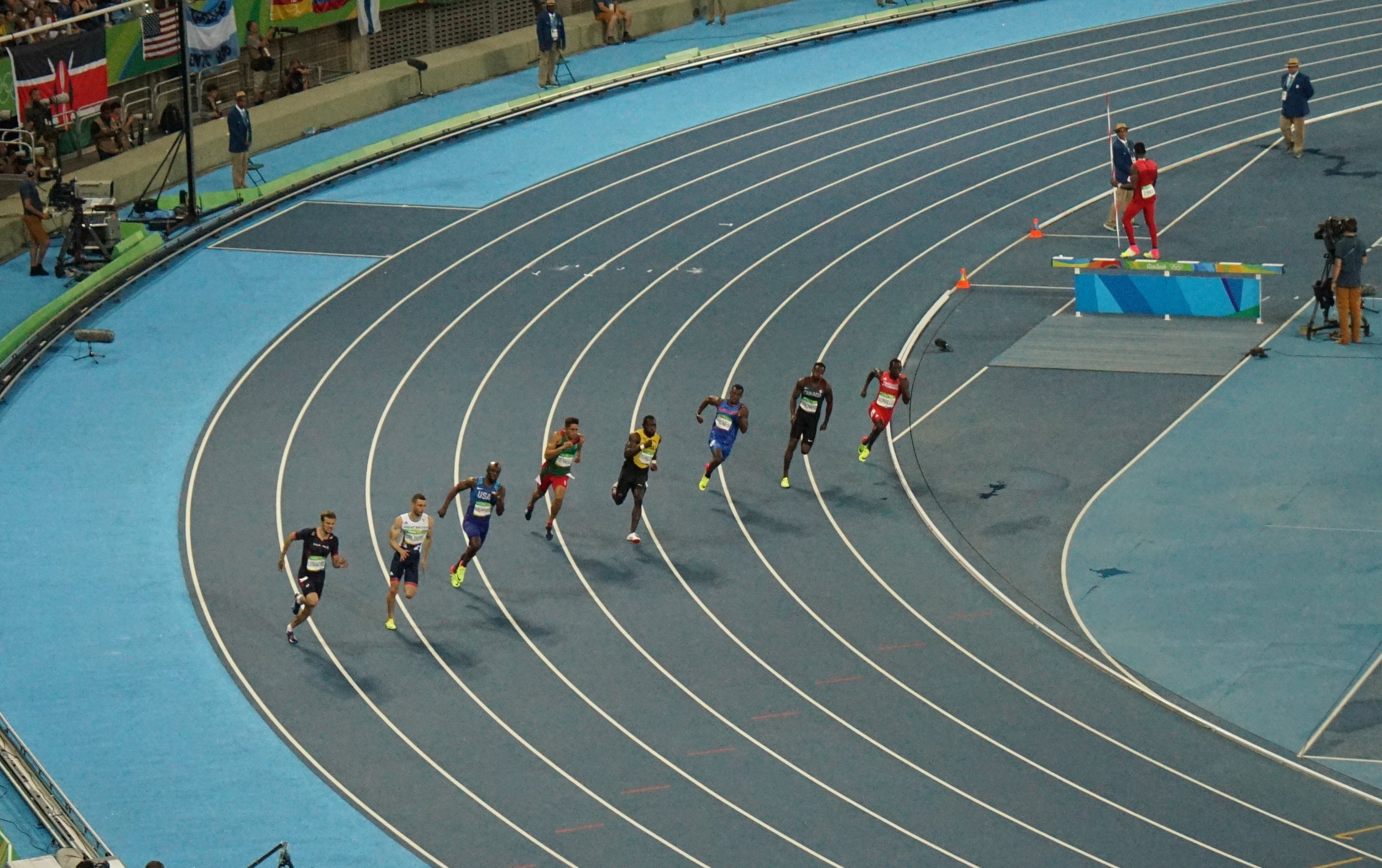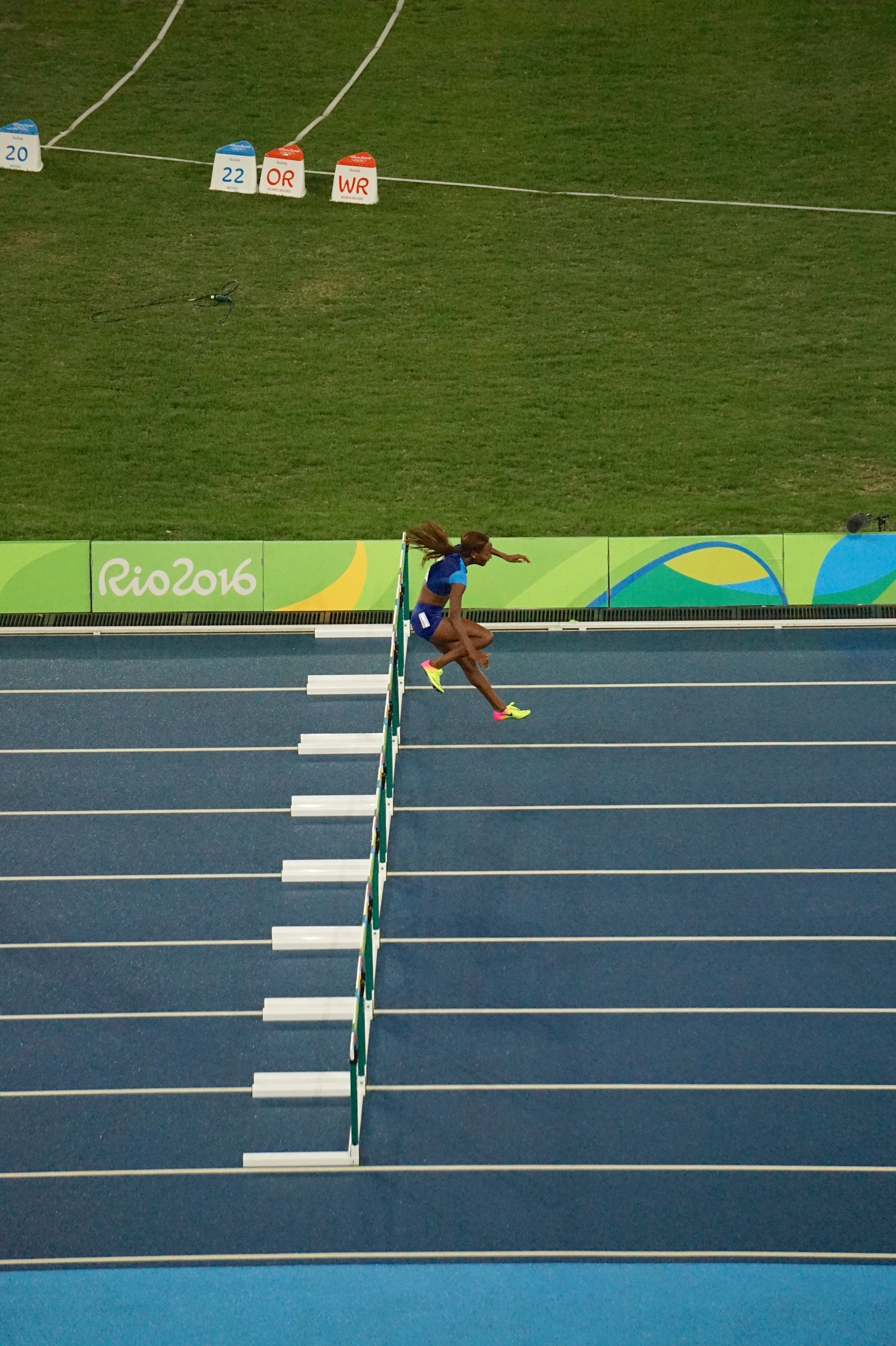We set out to attend the Rio 2016 Summer Olympic Games right after watching London 2012. The London Games had us really excited and triggered a "must-go" reaction for the next Olympic games. We wanted to be a part of the excitement and celebration of sports and athleticism on an international arena. And we have always wanted to go to Brazil! So we signed up for email updates and patiently waited for Rio...
How do you plan to attend the biggest and most anticipated sports event?
- Set out to go, no matter what!
- Sign up for the Newsletter. In the case of the upcoming Tokyo Olympic Games 2020, follow them on their Social Media (Twitter, Facebook, YouTube). You not only get updates on the Games, but also updates on the official ticket sales.
- Wait for official ticket sales date announcements. This occurred in the Fall of 2014 for the Summer 2016 Games. For Tokyo 2020, we suspect this should occur Fall 2018.
- Ticket sales don't start until 18 months before the event for residents of the hosting country and about 15 months for everyone else. For US residents, tickets were sold by an official ticketing agent. In the case of Rio 2016, it was CoSport (kind of like a TicketMaster for the Olympics). They have not announced this for Tokyo, but likely it will be the same agent. No one should be buying tickets for the games outside of these official ticket agents, as there are lot of counterfeit tickets.
How do you purchase tickets? Unfortunately, it's not as easy as choosing and paying for the events you want to see as tickets must go through the lottery first. So the timeline goes (for Rio 2016):
- Ticket sale announcements: Fall 2014
- Ticket Lottery: April 2015
- Ticket Package: June 2015
- Open Sales: Fall 2015
What is the ticket lottery? It's basically a way so that people get a fair shot in winning tickets to the most popular events (Track and Field, Swimming, Gymnastics, Diving, Beach Volleyball, etc.). CoSport will allow one person to request up to 22 events (this may be different for Tokyo). For each event, one person can request anywhere from 1-8 (I believe there may be an option for group attendance if more tickets are needed). The thing is, you have to request only what you are going to pay for. So if you request 6 tickets for 1 event, you better be prepared to pay for all 6 if you win the lottery or lose it all. For the two of us, we each created an account to maximize our bid in the lottery pool, requested the same events in each account and requested two tickets per event. In the end, we won 1 event (a Track and Field that was not so popular: Decathalon, Men's 1000 m Round 1, qualifying Hammer, etc). But it was an event, and we took it! The reason why you want to get as many tickets as possible in the lottery is because not only do you get the events you request, but you get the price face value (the cheapest way to attend the events).
How much do Olympic tickets actually cost?? Surprisingly, at face value, not much! Tickets are priced based on popularity of events. So track and field and gymnastics are going to cost more than badminton or handball. In addition, tickets are tiered based on seat proximity (A, B, C, or D). Tickets ran anywhere from $35 USD (general entry for Men's Marathon) to $300+ for the more popular events.
What about Opening and Closing ceremonies? Forget about it, unless you live in the hosting country or you buy it in a package (see below), these tickets were not available for lottery.
After the lottery closes, for a period of time (several months), the only way to purchase tickets was via Ticket Package (where the event tickets were bundled into hotel rooms). This is the most expensive way to attend the games! But it also gives you the guarantee of going and the freedom to choose the events, including the Opening Ceremony. Again, packages varied based on popularity of events and flexibility of options (especially if you don't mind paying a pretty penny). So the cost depends on:
- *** rating of the hotel
- Popularity of events
- Sport Specific event packages. For example, there were packages that had all Swimming events bundled with a hotel package. There were also reasonably priced packages for handball, archery, etc; but who wants to go to the Summer Olympics to watch handball? Sorry handball players!
- Flexibility of events. There were packages where you can choose whatever events that were available during the days and nights of that particular hotel package.
- Number of events in the package
Inside the Macarana Olympic Stadium
How much did these packages cost? Per person, anywhere from $2000 to $15,000+ USD (This was for Rio, maybe more for Tokyo). Does it make sense now that getting tickets through the lottery is the most secure and cost effective way?
After most packages are sold, then Open Sales start. This is when any leftover events are up for grabs. These are mostly the least desired events. And finally, ticket sales were also available at the box office at each event on the day of the event. We're not sure if Tokyo will be like this. Maybe Rio was different because there were so many international attendees that were scared off and thus there was a surplus of unconfirmed tickets. Technically, one could just show up to the hosting city and see if they can get tickets. You would be paying face value but tickets would not be guaranteed. If you show up during Opening Ceremony, it will probably be sold out. But if you want to see Round 1 of Taekwondo, maybe?
So what did we do? We won two tickets for one event through the lottery and bought a Flex package that allowed 4 events to choose from. We chose a lower starred hotel to offset the ridiculous cost of the package. We chose 2 additional Track and Field Events, Beach Volleyball Semifinals (hoping US would make the semifinals), and Gymnastics. Because we were arriving at 5 am from a red-eye flight, we needed a hotel room to sleep in for the morning. We booked a guest house room just to sleep in for 5 hours the first day we got there, stayed 3 nights at San Marco in Ipanema (which was included in our package and most perfectly located for our time in Rio). We had the option of adding a night before or after our package, but for an additional $650 a night in a poorly rated hotel! Since our flight out of Rio was not until the following day, we booked a night at Sant' Martre, which ended up being the most perfect night to end our whirlwind and amazing time in Rio. It was situated in the super cute Santa Teresa neighborhood and in close proximity to our favorite restaurant in Rio (see Brazil).
See below for all the events we attended:
Day 1: Men's Rings Competition Final, Men's Rings Victory Ceremony, Women's Beam Final, Women's Beam Victory Ceremony, Men's Vault Competition, Men's Vault Victory Ceremony
We saw the only event Simone Biles did not win the Gold. But it was still amazing to see such a graceful athlete! She almost won this one, it was a small slip that cost her the Gold.
Day 2: Men's and Women's Beach Volleyball Semifinals
Watching the Olympics Beach Volleyball at sunset on the world famous Copacabana Beach was one of those pinch ourselves moment! Although the US didn't make it to the SemiFinals like we had hoped, the Brazilians did and the energy was palpable as the whole stadium shook with excitement!
Day 3 morning events: The Big Athletic Day (Track and Field)
Men's Decathlon 100m, Men's Hammer Qualifying Round, Men's 5000 m Round 1, Men's Decathlon Long Jump, Women's 800 m Round 1, Men's 3000 m Steeplechase Finals, Men's Decathlon Shot Put
Day 3 night events: Men's Decathlon High Jump, Men's High Jump Victory Ceremony, Men's Javelin Throw Qualifying Round, Women's 100 m Hurdles Semifinals, Women's 1500 m Victory Ceremony, Women's Long Jump Final, Mens Decathlon 400 m, Men's Javelin Throw, Men's 200 m Semifinals, Women's 200 m Final, Men's 110 m Hurdles Victory Ceremony, Women's 100 m Hurdles final, Men's 3000 m Steeplechase Victory Ceremony
Outside the Macarana Stadium for the night events. It was so amazing to watch history in the making. We saw Usain Bolt inch closer and closer to making his Triple Triple and the US women sweep all the medals for the 100 m Hurdles. You can't help but feel proud to be an American when you see the US flag raise so many times during these wins and our national Anthem to be sounded in a foreign stadium. The feeling is indescribable.
Day 4: Men's Decathlon Javelin, Women's Long Jump Victory Ceremony, Women's 100 m Hurdles Victory Ceremony, Women's 200 m Victory Ceremony, Men's Shot Put Final, Men's 1500 m Semi-Finals, Men's 400 m Hurdles Victory Ceremony, Women's Javelin Final, Women's 800 m Semi-finals, Men's Decathlon 1500 m, Women's 400 m Hurdles Final, Men's Shot Put Victory Ceremony, Men's 200 m Final; Starting with surprise Women's US 4 x 100 m Relay
One event (we should say several events) that we had more appreciation for was the Decathlon. These athletes have to compete in 10 different events in two days, the Gold goes to the individual with the highest points. These events include: 100m, 400m, 110 m hurdles, discus and javelin throw, pole vault, long and high jump, shot put and concludes with a 1500 m event (hence the exhausted athletes laying down on the floor, middle right).
Basically, the man or woman that wins the Decathlon is considered the "Word's Greatest Athlete." And based on how hard they train for this and the athleticism required, it is a well-deserved title. Ashton Eaton took it home for the US Men's Decathlon and it was amazing to watch.
And there it was, history in the books; Usain Bolt winning 100m, 200m, 4 x 100m in 3 Olympics
Some thoughts, expectations and lessons from Rio 2016 Olympic Games:
- Prior to going, there was a ton of bad press on not only Brazil's handling of the games but also their political turmoil. They had just impeached a President, the Rio police were on a strike, the Zika virus scared off not only attendees but also Olympic athletes, the state of the Olympic arenas and living quarters for the athletes were apparently in disarray and were behind schedule, the displacement of Barrios and economically disadvantaged people, pollution and finding highly resistant bacteria in the waters was just a short list of how unfairly the media covered Rio leading up to the Games. We thought this was a poor and biased coverage that really painted Rio an insufficient host. Not only that, but Rio was also fighting a reputation of gangs, violence, drug cartels that preceded the games.
- What did we find? The city was not more crowded, polluted or dirtier than most other major cities we have visited (NYC, for example, feels way more crowded and dirty than Rio). We did not feel unsafe during any of the time we were there. Only one of us got bit by a mosquito, once (and we don't think we contracted Zika, but can't confirm). The Games occurred during lower mosquito season and Rio had lower Zika infection rates than other areas in Brazil. It was easy to get around Rio with their public transportation. There were many people helping us at the train stations to answer any questions. The stadiums were fully intact and overall the Games were well done.
- If you are smart about traveling, carrying belongings and have good situational awareness, Rio was not more dangerous than any other major cities.
So even if there is an ounce of desire to go to the Summer Olympics, GO! It was one of the best things we have ever done!

